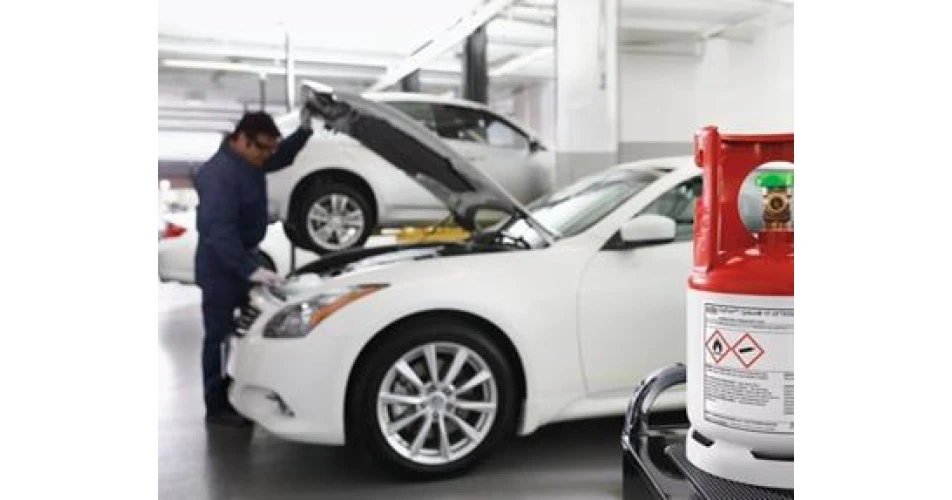The European Commission has ruled that a new vehicle air conditioning refrigerant at the centre of a dispute with German carmaker Mercedes does not pose any serious safety risks.
Mercedes owners, Daimler had claimed that the new R1234yf gas was a safety risk and has insisted on using the old R134a refrigerant in its new vehicles. The new gas developed by U.S. conglomerate Honeywell in partnership with Dupont has a global warming potential of a round a 1000 times less than the one used by Mercedes.
Daimler has argued that the newer product can emit a toxic gas when it burns and has refused to use it in new cars. This has placed the company in breach of an EU law that requires new cars to use refrigerants with a global warming potential no more than 150 times that of carbon dioxide. The EU executive has thus launched legal proceedings against Germany over Daimler's refusal to stop using the old-style refrigerant.
To support its action the EU Commission asked the Joint Research Council, a body set up to provide impartial scientific advice for policymakers, to assess R1234yf. JRC concluded, "There is no evidence of a serious risk in the use of this refrigerant in mobile air-conditioning systems under normal and foreseeable conditions of use."
Daimler subsequently issued a statement saying that the research was "too restrictive." It went on to say that its preferred option is to develop air-conditioning systems that use carbon dioxide as a refrigerant, although development could take several years.
